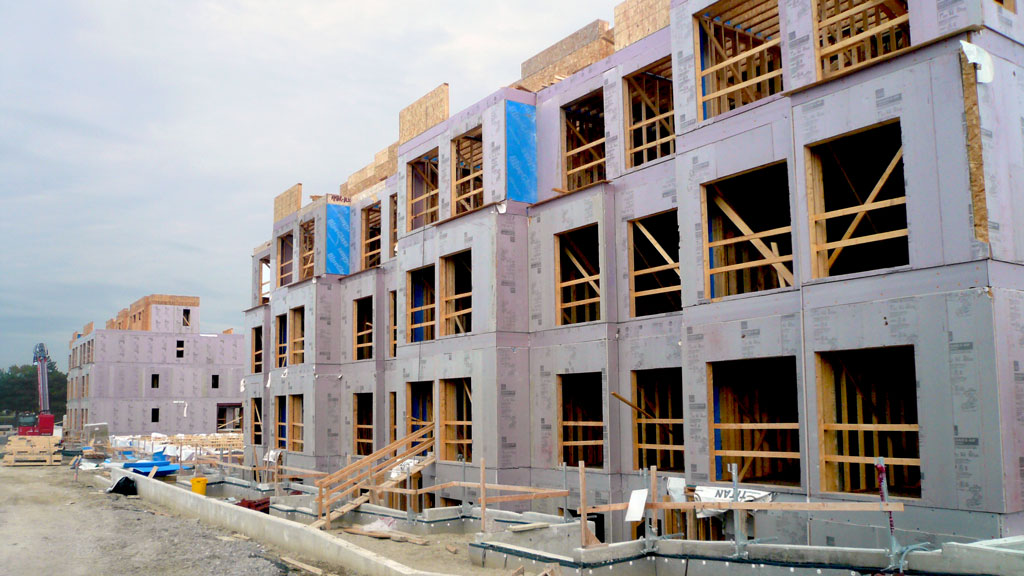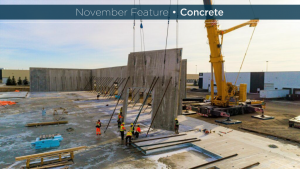OTTAWA — Even though rental housing construction in Canada has picked up significantly, more is needed to fill the demand backlog, according to a new RBC report.
RBC economist Rachel Battaglia said rental housing starts reached their highest levels in decades in 2022 and 2023, with more than 80,000 new units started each year.
“That number is set to rise even more in 2024 as surging demand and new policy measures tip the scale for developers despite persistently high inflation challenges and skilled labour shortages,” she wrote in a report published recently.
Housing starts are already up 11 per cent from last year, said Battaglia, with anticipated interest rate cuts from the Bank of Canada set to keep that trend on track.
“Most homebuilding activity is coming from new rental construction projects, which have nearly doubled from six years ago,” said Battaglia. “Meanwhile, the construction of single-family homes has dwindled to just three-quarters of the housing start activity seen in 2017.”
Rental housing has become increasingly popular due to demographic shifts and the unaffordability of home ownership, said Battaglia.
She noted a severe imbalance in rental housing supply and demand has caused rent prices to soar, with annual rent growth in 2023 outpacing both inflation and wage growth. The rate of home ownership has fallen since it peaked in 2011 as homes have skyrocketed in value.
The supply shortage of rental housing is “massive,” said Battaglia, with the rental vacancy rate falling to an all-time low of 1.5 per cent last year.
Demand for rentals increased more than three times faster than the purpose-built rental stock grew between 2017 and 2023, she added, while secondary suites and condo apartments have only filled part of the gap.
Governments at all levels have responded to the imbalance with rule changes and incentives to promote high density and rental housing construction, Battaglia said.
The federal government introduced its National Housing Strategy and more recently Canada’s Housing Plan, which include programs to boost rental housing construction, she said. Provinces like Ontario and B.C. have their own plans, while municipalities like Vancouver and Toronto — the most expensive major cities in the country — have also taken steps to expand their social housing stock and encourage rental construction projects.
“Together, strong demand for rental accommodation and government support have contributed to a substantial uptick in rental construction while most other types of development projects are at a standstill,” wrote Battaglia.
“We expect policies in Canada’s latest Housing Plan will help carry this momentum forward.”
©2024 The Canadian Press











Recent Comments
comments for this post are closed